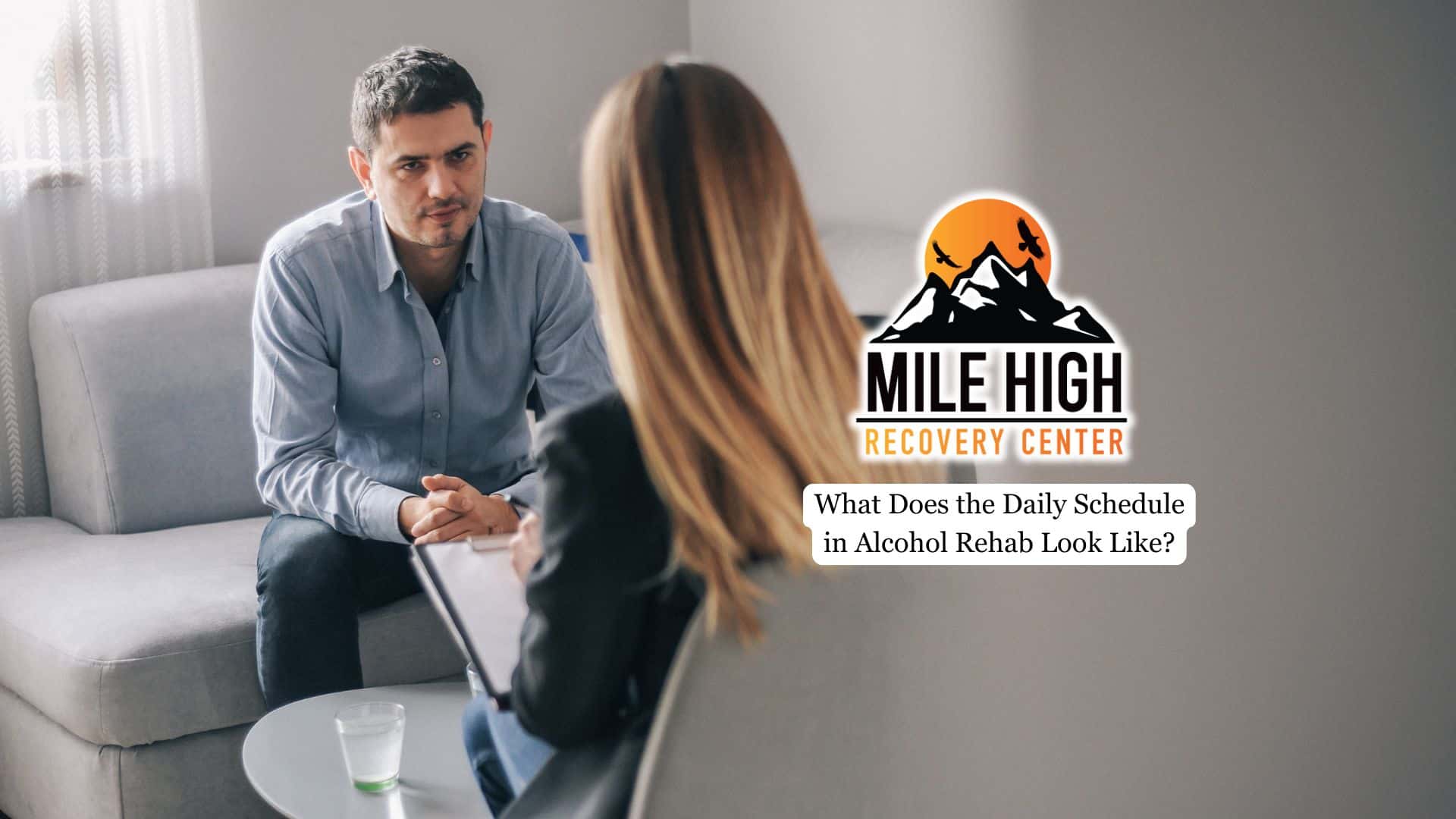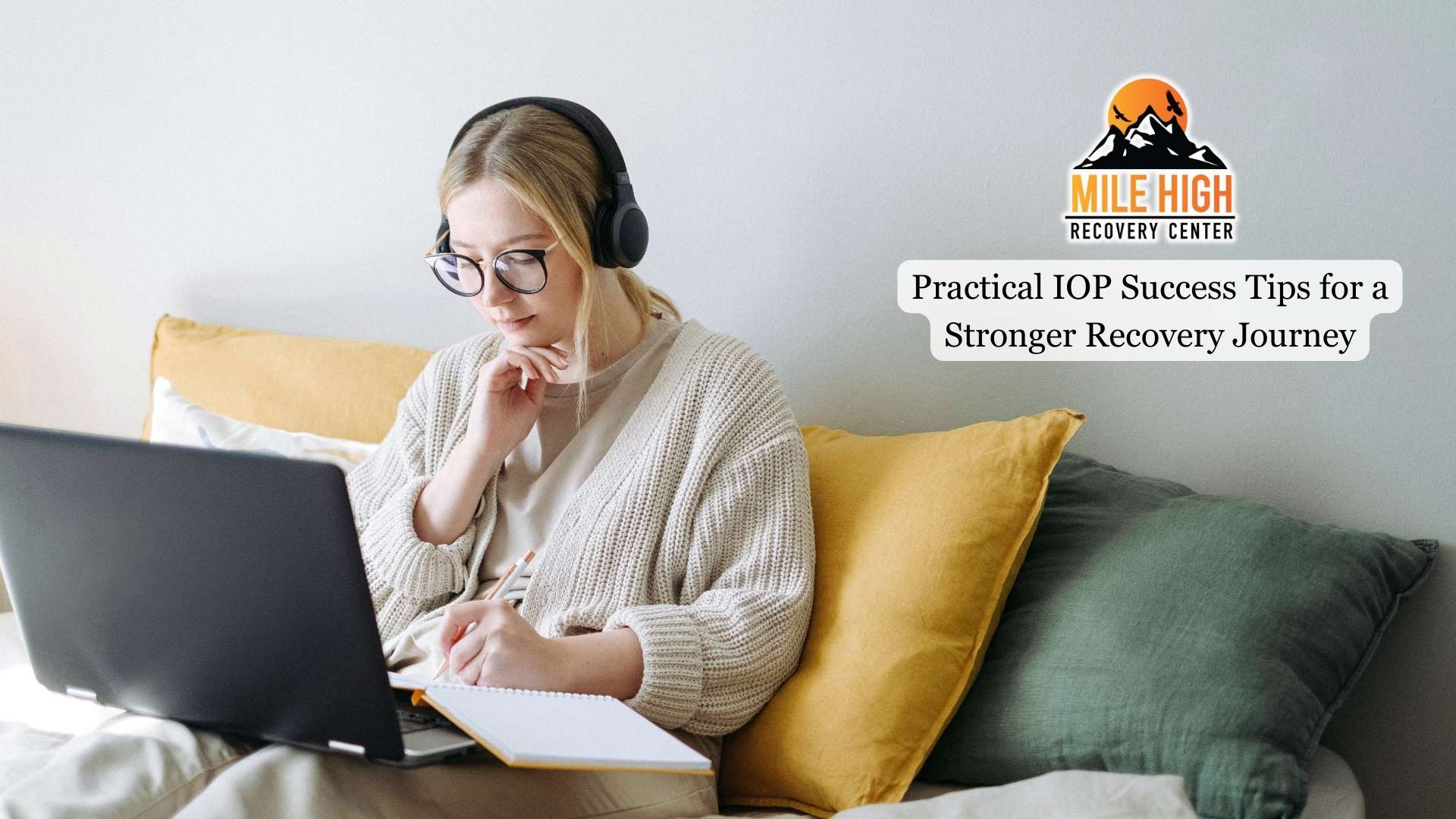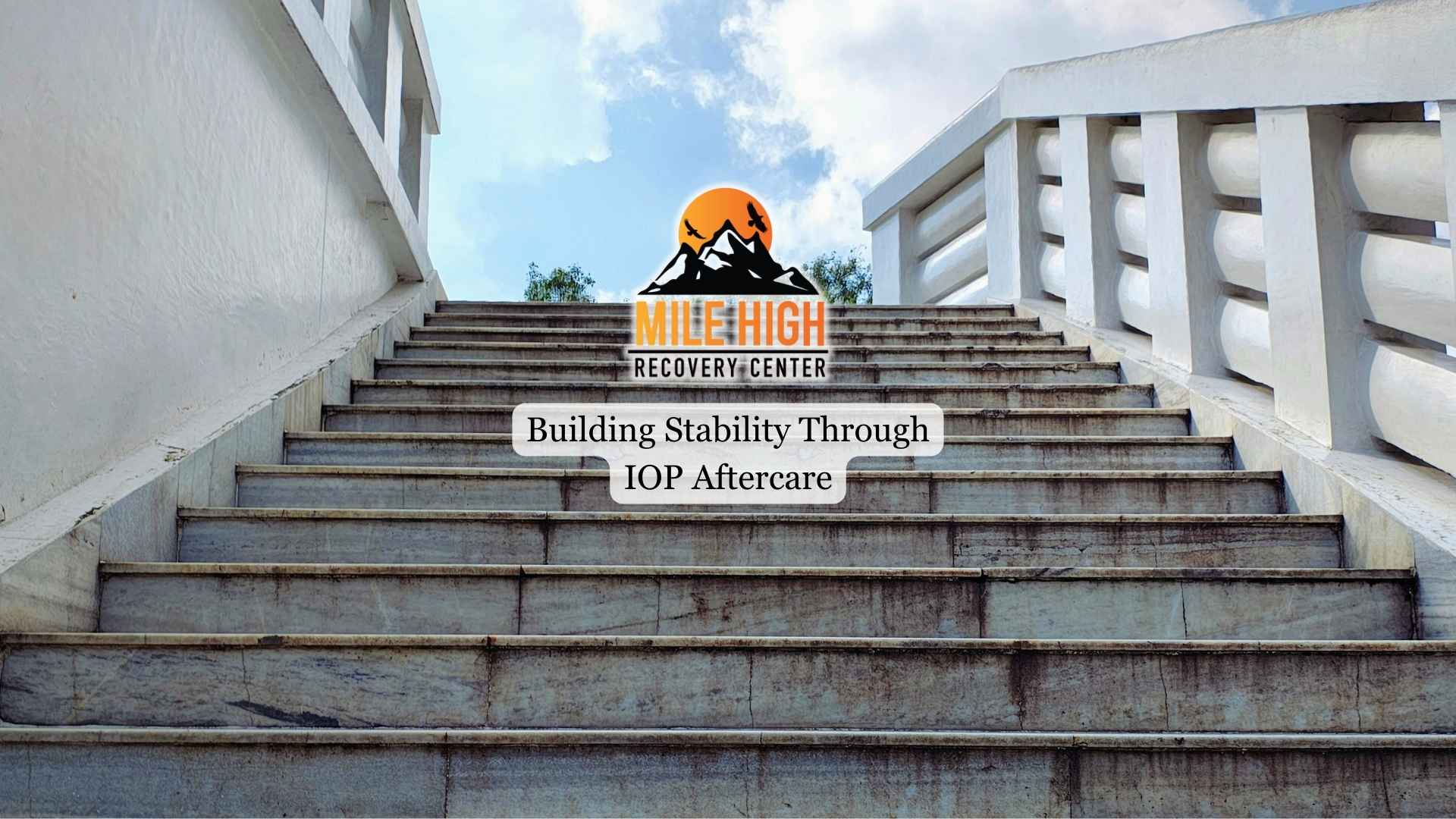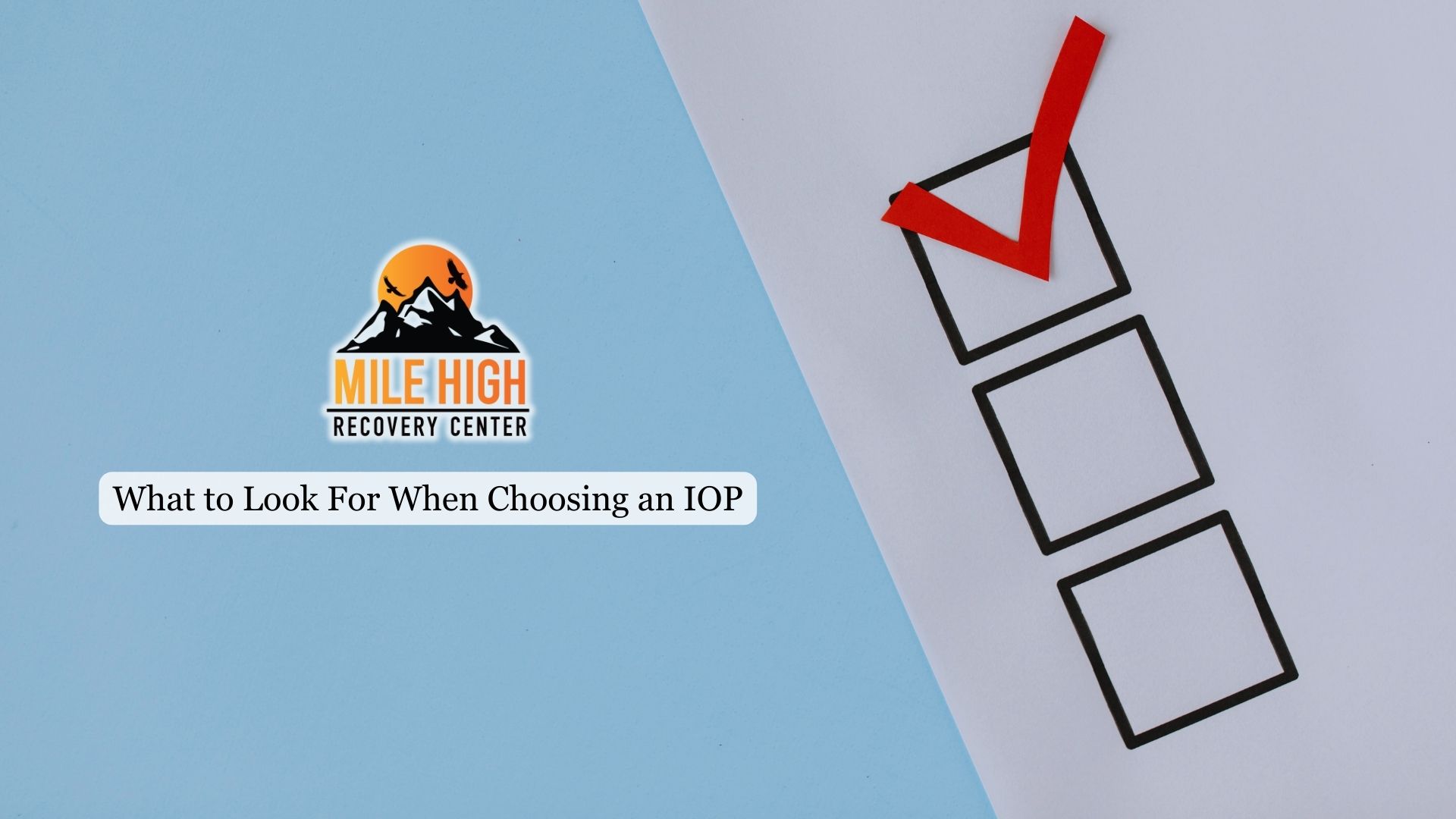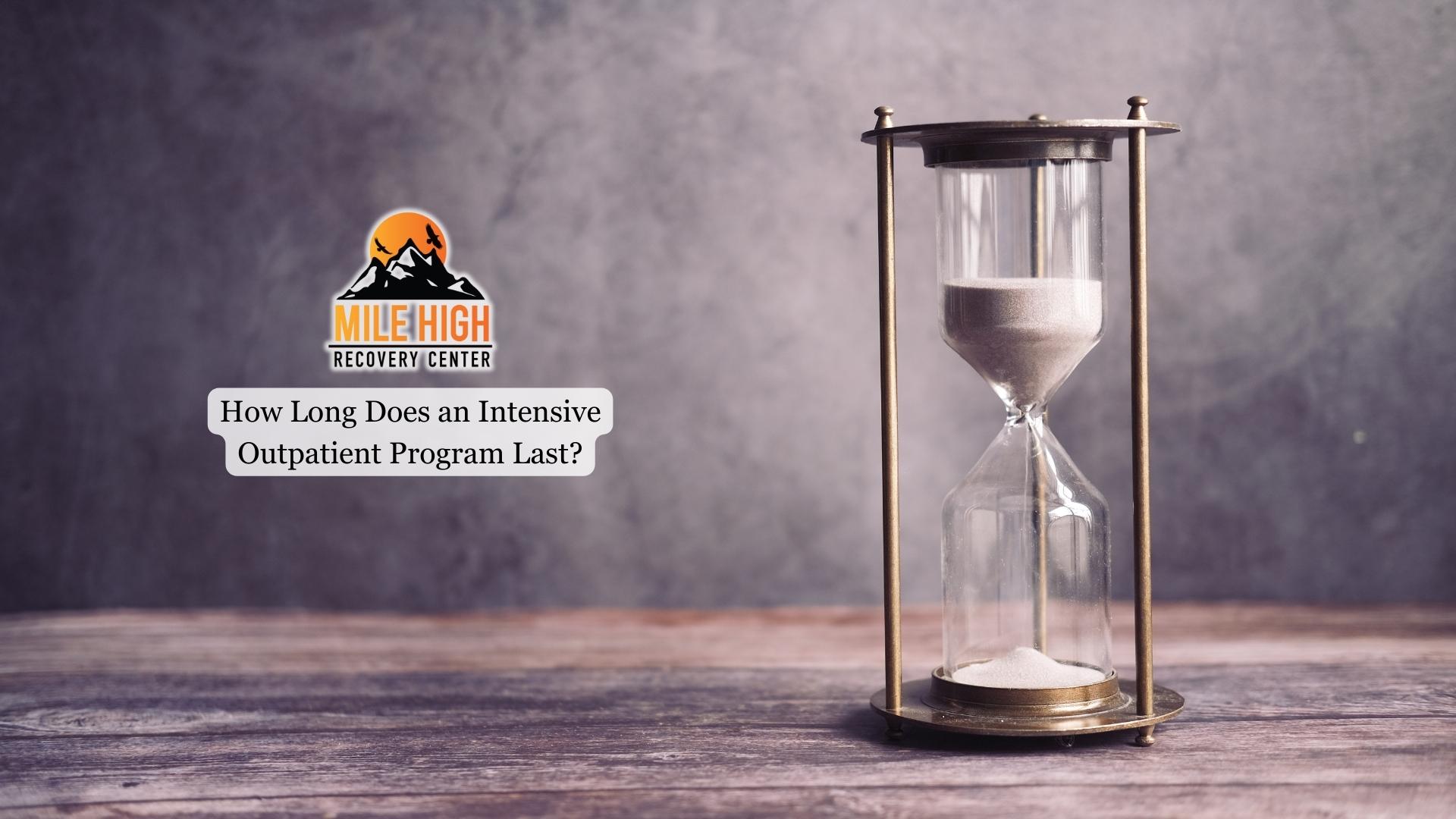When someone is struggling with addiction, entering a rehab program can be a crucial step toward long-term recovery. Alcohol rehab and drug rehab programs provide structured environments designed to support healing from substance use disorder. Each rehab center offers a unique approach, but many share common elements that help individuals rebuild their lives.
In this article, we will look into what a typical day in rehab looks like, highlighting the daily schedule and activities that make up the addiction treatment process in both inpatient and outpatient settings.

The Purpose of a Structured Daily Schedule in Rehab
A rehab daily schedule is essential for creating routine and stability during the recovery journey. Having clear expectations and a reliable schedule provides a sense of safety, encouraging accountability and helping individuals build the confidence needed to transition successfully to life outside of treatment.
Alcohol rehab programs typically include a variety of evidence-based therapies and activities designed to address substance abuse and mental health conditions holistically. By organizing each day with therapy sessions, medical check-ins, group meetings, recreational time, and scheduled meals, rehab programs help individuals relearn healthy habits and routines.
This structured approach reduces idle time and the risk of relapse triggers, while also teaching time management and personal responsibility.
Morning Routine in Alcohol Rehab
A typical day in rehab often begins early, emphasizing the establishment of healthy habits and preparing both the mind and body for treatment. In an inpatient rehab or residential treatment center, the morning routine may include waking up and attending to personal hygiene, followed by a vital signs check and medication administration if needed.
A nutritious breakfast supports physical recovery, while mindfulness practices such as meditation, yoga, or breathing exercises promote mental health. This is often followed by group therapy sessions that focus on addiction education, relapse prevention, or 12-step facilitation. Together, these activities set a positive tone for the day and encourage active engagement in the recovery process.
Midday Activities
Following the morning therapy sessions, the day typically progresses with a combination of individual and group therapy aimed at addressing the complex nature of addiction and any co-occurring mental health conditions. This portion of the day may include individual therapy sessions tailored to the treatment plan, often incorporating cognitive behavioral therapy (CBT) or other behavioral therapies.
Psychoeducational groups provide education on coping skills, relapse prevention strategies, and life skills development. Lunch and social time offer opportunities for peer support and community building, while creative therapies such as art, music, or writing therapy help clients express emotions and encourage healing. These therapy sessions and group activities are vital components of addiction treatment programs, enabling clients to explore the root causes of substance abuse and develop healthier coping mechanisms.
Afternoon Schedule
In the afternoon, a residential rehab or intensive outpatient program may include life skills training such as budgeting, job readiness, or cooking classes to prepare individuals for sober living after rehab. Recreational activities or physical wellness sessions like exercise or sports help improve overall health and reduce stress.
Family therapy or community meetings play a key role in rebuilding relationships and creating a supportive environment for recovery. On top of that, free time for personal reflection, journaling, or relaxation helps maintain a balanced rehab environment. This blend of structured and unstructured time supports holistic healing and equips clients for independent living.
Evening Routine
As the day winds down, the evening schedule in rehab centers often emphasizes social support and preparing for rest. Evening activities may include dinner and informal socialization with peers, followed by support group meetings such as Alcoholics Anonymous (AA), 12-step meetings, or SMART Recovery groups.
Structured recreational or social activities like movie nights or games help foster connection and enjoyment. Personal time is also provided to process the day and prepare for sleep.
Lights out is scheduled to maintain a consistent sleep schedule, which is essential for physical and mental recovery. A regular sleep routine is vital in rehab, as restorative sleep supports healing and helps reduce the risk of relapse.
Variations in Rehab Schedules
Rehab programs vary widely depending on the level of care. Inpatient rehab and residential treatment centers offer a fully immersive experience with a highly structured daily schedule.
Outpatient rehab programs, including intensive outpatient programs (IOP) and partial hospitalization programs (PHP), provide more flexibility, allowing clients to attend therapy sessions and group meetings while living at home or in sober living environments.
Partial hospitalization and intensive outpatient programs may have schedules that include several hours of daily therapy and activities during the day but allow for more personal freedom outside of treatment hours. Outpatient rehab programs are ideal for those with less severe addiction or as a step-down from inpatient treatment.
The Role of Medication and Medical Care in the Daily Routine
For some individuals, medication-assisted treatment (MAT) is an important part of their addiction treatment program. Each day, residents prescribed medication receive it under careful supervision from healthcare professionals, often as the first task in the morning and at scheduled times throughout the day. These medications play a key role in reducing withdrawal symptoms, curbing alcohol cravings, and stabilizing mood, making the rehabilitation process safer and more manageable.
Ongoing medical care includes regular health checks—such as vital sign monitoring—and one-on-one assessments to adjust treatment plans as needed, address side effects, or manage any co-occurring physical or mental health conditions.

Benefits of a Consistent Daily Schedule in Alcohol Rehab
A consistent daily schedule in rehab facilities supports the recovery process by:
- Establishing healthy routines and coping strategies
- Reducing the risk of relapse through structured engagement
- Addressing both substance abuse and mental health conditions simultaneously
- Providing care and support through individual and group therapy sessions
- Preparing clients for sober living and long-term recovery
Sample Rehab Daily Schedule
- 7:00 a.m. Wake-up, hygiene, vital signs check
- 8:00 a.m. Breakfast
- 8:30 a.m. Meditation or yoga
- 9:00 a.m. Group therapy sessions
- 10:00 a.m. Individual therapy
- 11:00 a.m. Psychoeducation or relapse prevention groups
- Noon Lunch and social time
- 1:00 p.m. Creative therapies or life skills training
- 3:00 p.m. Recreational activities or free time
- 4:00 p.m. Family therapy or community meetings
- 5:00 p.m. Dinner
- 6:00 p.m. Support group meetings (e.g., 12-step, Alcoholics Anonymous)
- 7:30 p.m. Structured social activities
- 9:00 p.m. Personal time and preparation for bed
- 10:00 p.m. Lights out
Final Thoughts from Mile High Recovery
Understanding what happens in rehab and what a typical day in drug or alcohol rehab looks like can help individuals and their loved ones prepare for the recovery journey. Whether in an inpatient program, outpatient rehab, or a partial hospitalization program, the daily schedule is designed to provide structure, therapy, and support to help those struggling with addiction achieve long-term sobriety.
At Mile High Recovery Center, our residential rehab program for alcohol addiction in Denver, CO, offers an evidence-based, hands-on approach to addiction treatment that addresses both the physical and emotional aspects of recovery. Grounded in holistic care and strong community support, we guide individuals through a structured daily schedule designed to build a solid foundation for lasting sobriety and a meaningful, connected life beyond substance use.


